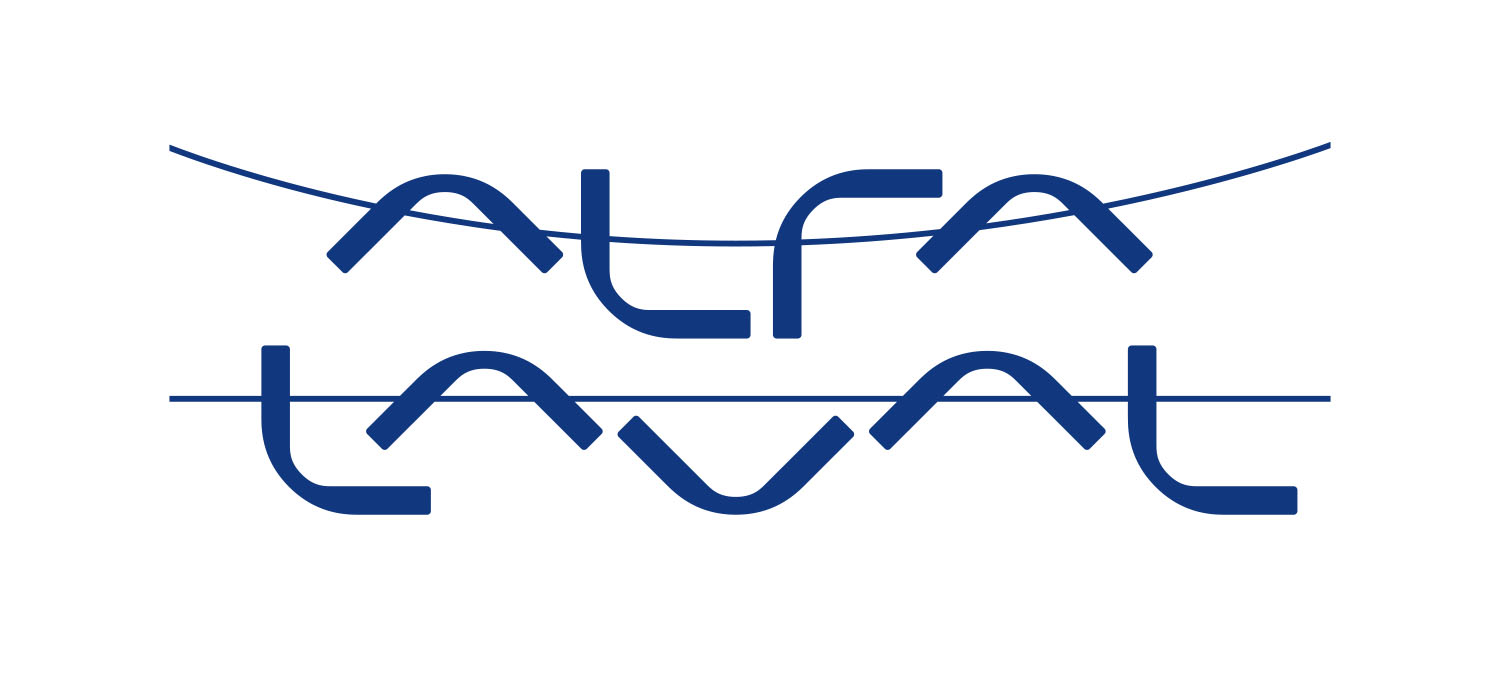Solution provider

Case
Energy efficiency in industry


Add the case to your visit request and let us know that you are interested in visiting Denmark
Valero Energy Corporation, based in San Antonio, Texas, has enjoyed phenomenal success. Since 1981, the company has become North America’s largest refiner, growing from a single refinery to a network of 18 facilities. Today, the company’s aggressive drive for growth and excellence continue unabated. Valero’s assets currently total USD 33 billion. Annual revenues are more than USD 90 billion, and refining throughput capacity is approximately 3.3 million barrels per day. Most notably, the company enjoyed record earnings in 2006, finishing the year with net income of USD 5.5 billion.
This strong performance is the result of a strategic assessment of the refining industry that Valero made in 1996 when the company concluded that the refining cycle was at a bottom. Valero believed that historically-low refining margins would improve as global demand continued to expand and as the worldwide movement toward cleaner fuels tightened the supply of refining products. This analysis turned out to be the right call, and today Valero is a leading producer of premium, environmentally-clean products, including reformulated gasoline, California Air Resources Board (CARB) Phase II gasoline, low-sulphur diesel and oxygenates. These products and many others are sold in Valero’s more as VPP Star Sites, a designation reserved for America’s premier examples of industrial safety. Valero is also the only refiner to win the Governor’s Award for Environmental Excellence in Texas, and it remains on track to reduce greenhouse gas emissions by nearly two million US tons per year by 2008. Equally noteworthy is Valero’s strong commitment to its 22,000 employees and the company’s belief that those employees represent its number one asset. This statement is not empty rhetoric. In 2006, Valero ranked No.3 on Fortune magazine’s list of the “100 Best U.S. Companies to Work For.” Valero is also committed to being a good corporate citizen. For instance, it has twice won the Spirit of America award, the United Way’s top national honour given to the company that best exemplifies the spirit of charity and community service.
Increased energy efficiency
As Valero has grown, its energy challenges have kept pace. At a typical refinery, energy costs represent about 50 per cent of operating expenses, and Valero’s operations are no exception to that general rule. “We’re always looking for ways of bringing down those costs,” says Javier Quintana, Valero’s technology director for Reforming/ Isomerisation and BTX. “As part of that process, we’re assessing all of the various facilities we’ve acquired over the years. In many cases, the previous owners lacked the resources to make the best use of these refineries, and they need upgrades to make them more energy efficient.”
Heat exchangers represent a particularly important area of interest for Valero since what cannot be recovered from process-toprocess heat exchange must be supplied by increased heating. By allowing the thermal heat generated during refinery operations to be re-used, heat exchangers help to reduce fuel costs, lower the life cycle costs of processing units and lessen atmospheric emissions. “Traditionally heat exchange has been performed through shell-and-tube exchangers, but these systems have significant limitations,” explains Darryl Seillier, Valero’s director of Energy Technology and Development. “Typically, shell-and-tube heat exchangers are bulky and inefficient, requiring multiple units to achieve a very limited temperature crossover. Their size and inherent design also make them difficult and time-consuming to clean.”
Read the whole article by following the link to our website.